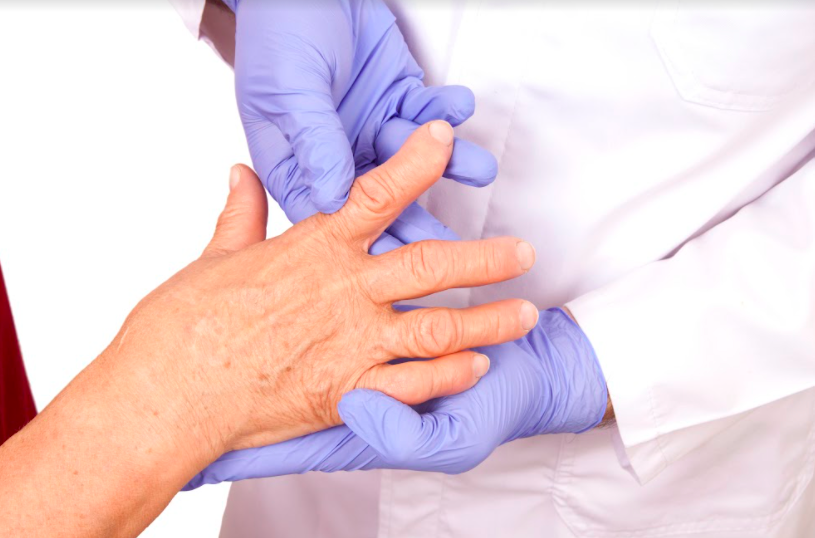This article has been fact-checked by Dr Chong Kian Tai, urologist at Surgi-TEN Specialists, Farrer Park Hospital, Singapore.
About the Doctor
Testicular health is a topic that many parents may feel unsure about discussing with their teenage sons. However, it’s a crucial conversation, one that promotes body awareness, early detection of issues, and overall well-being. As puberty begins, the testes undergo significant changes, and with these changes comes the need for awareness of common concerns, signs of trouble, and healthy habits.
Follow us on our WhatsApp channel for the latest updates: https://bit.ly/AsiaMDWhatsAppEN
Understanding the Basics
The testicles, or testes, are part of the male reproductive system. They are responsible for producing sperm and testosterone, the hormone responsible for male physical development. During adolescence, boys may notice changes such as growth of the testicles and penis, development of body hair, and voice deepening. These are normal parts of puberty.
However, puberty is also when some testicular conditions can emerge, and early detection is key. Common issues include:
- Testicular torsion: A painful, sudden twisting of the spermatic cord that cuts off blood supply. It requires emergency treatment to avoid permanent damage.
- Varicocele: Swollen veins in the scrotum, often likened to a “bag of worms.” It may cause discomfort or fertility issues later in life.
- Epididymitis: Inflammation of the epididymis, often due to infection.
- Undescended testes: Usually corrected in early childhood, but should be checked if never resolved.
- Testicular cancer: Rare in teens but the most common cancer in males aged 15–35. Early detection has a very high cure rate.
The Importance of Testicular Self-Exams
Teaching your teen how to perform a testicular self-exam once a month is one of the best tools for early detection of abnormalities. Ideally done during or after a warm shower, a self-exam helps boys become familiar with what’s normal for their body. They should feel for any unusual lumps, swelling, or changes in size or shape. If anything seems off, a doctor should be consulted promptly.
How Parents Can Support
Open communication is the cornerstone of helping your teen navigate their health. Here’s how parents can help:
- Start the conversation early. Use a calm, matter-of-fact tone and treat the topic as a normal part of growing up.
- Encourage regular check-ups. Pediatricians or family doctors often include genital exams in routine visits.
- Create a safe space. Let your teen know they can come to you with questions or concerns without embarrassment.
- Normalize the experience. Just like dental check-ups or eye exams, testicular health should be seen as routine self-care.
When to Seek Medical Help
Encourage your teen to speak up if they experience:
- Pain or heaviness in the testicles
- A lump or swelling
- A dull ache in the lower abdomen or groin
- A change in how the testicle feels
These signs don’t always mean something serious, but they should never be ignored.
Conclusion
Promoting testicular health in teen boys is about more than identifying problems—it’s about empowering young men to take ownership of their bodies and health. With your guidance and support, your son can grow into an informed adult who knows how to listen to and care for his body.




































